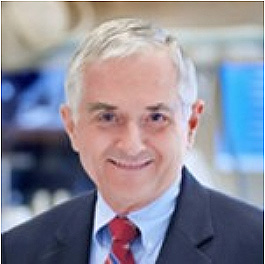January 23, 2020
$80,000 The mouse model provides an ideal way to evaluate therapeutic attempts to increase UBE3A function on the otherwise silenced paternally-derived mouse chromosome. Using novel genetic engineering methods, Dr. Beaudet and his lab were able to develop a engineered mouse […]
Read more
January 23, 2020
$50,000 There is a small amount of anecdotal experience and some neuroscience studies suggesting that levodopa might have therapeutic effect on the symptoms of AS. The Angelman mouse model is an ideal way to study this before developing any human […]
Read more
January 23, 2020
$110,000 The ASF Joseph Wagstaff Postdoctoral Research Fellowship was granted to its first recipient. Dr. King will do his postdoctoral research on a new drug UNCilencer1, which turns on the silenced paternal UBE3A gene in mouse neurons. UNCilencer1 is a […]
Read more
January 15, 2020
It remains unclear which brain areas (and hence which cellular changes) directly contribute to phenotypes of AS. Knowledge of the critically affected brain areas is important for two reasons: 1) it will help us to identify the most relevant mechanisms […]
Read more
December 22, 2019
$45,547 Dr. Wagstaff was one of the crucial investigators who discovered that UBE3A disruption was the cause of AS. With funds from this and other projects he was able to develop a mouse model for AS and this important development […]
Read more
December 22, 2019
$56,000 This grant-funded research was to a premier AS researcher who was instrumental in developing a mouse model for AS and who demonstrated that an important enzyme associated with the synapse, CAMKII, was inhibited or partially inactivated in Angelman mice. […]
Read more
December 22, 2019
$47,000 This project was continued funding for an important AS investigator to enable his laboratory to work on studies of UBE3A in the mouse model in the hope of developing novel therapeutic initiatives. The experimental approach in this grant was […]
Read more
December 22, 2019
$82,255 This grant continued ASF funding to one of the premier AS scientists, Dr. Joe Wagstaff, and his laboratory. The aim of this project was a bold attempt to create therapeutic effects in the mouse model by genetically engineering a […]
Read more




